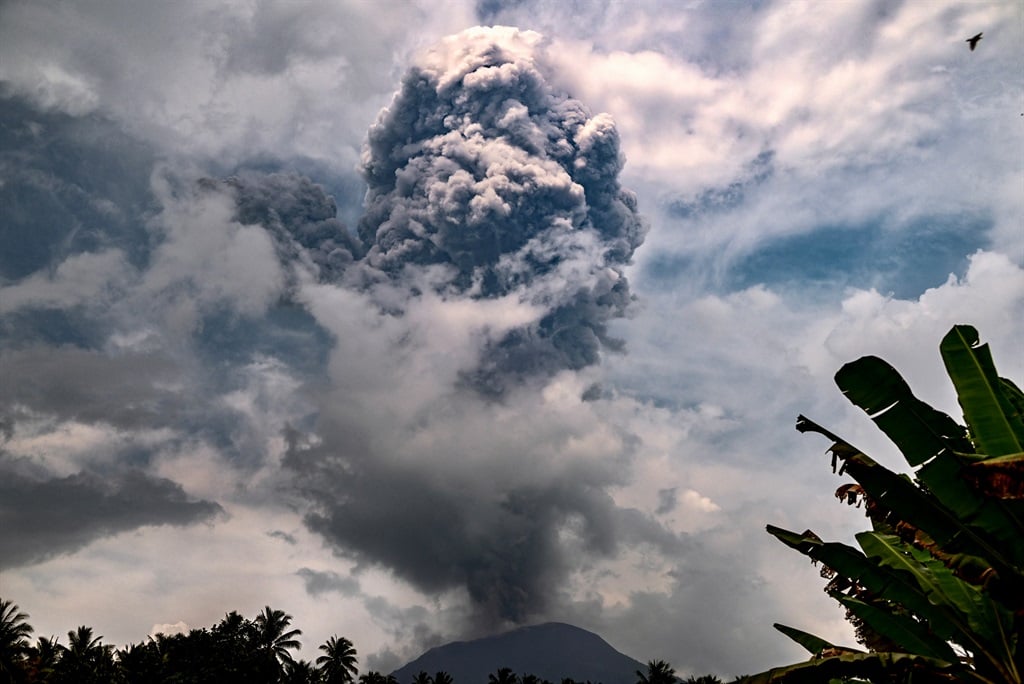North Korea launched more trash-carrying balloons toward the South after a similar campaign earlier in the week, according to South Korea’s military, in what Pyongyang calls retaliation for activists flying anti-North Korean leaflets across the border.
South Korea’s Defense Ministry did not immediately comment on the number of balloons it had detected or how many have landed in South Korea. The military advised people to beware of falling objects and not to touch objects suspected to be from North Korea, but report them to military or police offices instead.
In Seoul, the capital, the city government sent text alerts saying that unidentified objects suspected to be flown from North Korea were being detected in skies near the city and that the military was responding to them.
The North’s balloon launches added to a recent series of provocative steps, which include its failed spy satellite launch and and a barrage of short-range missiles launches this week that the North said was intended to demonstrate its ability to attack the South preemptively.
South Korea’s military dispatched chemical rapid response and explosive clearance teams to recover the debris from some 260 North Korean balloons that were found in various parts of the country from Tuesday night to Wednesday. The military said the balloons carried various types of trash and manure but no dangerous substances like chemical, biological or radioactive materials.
In a statement on Wednesday, Kim Yo Jong, the powerful sister of North Korean leader Kim Jong Un, confirmed that the North sent the balloons to make good on her country’s recent threat to “scatter mounds of wastepaper and filth” in South Korea in response to leafleting campaigns by South Korean activists.
She hinted that balloons could become the North’s standard response to leafletting moving forward, saying that the North would respond by “scattering rubbish dozens of times more than those being scattered to us.”
North Korea is extremely sensitive about any outside attempt to undermine Kim Jong Un’s absolute control over the country’s 26 million people, most of whom have little access to foreign news.
In 2020, North Korea blew up an empty South Korean-built liaison office on its territory after a furious response to South Korean civilian leafleting campaigns. In 2014, North Korea fired at propaganda balloons flying toward its territory and South Korea returned fire, though there were no casualties.
In 2022, North Korea even suggested that balloons flown from South Korea had caused a COVID-19 outbreak in the isolated nation, a highly questionable claim that appeared to be an attempt to blame the South for worsening inter-Korean relations.




















Discussion about this post